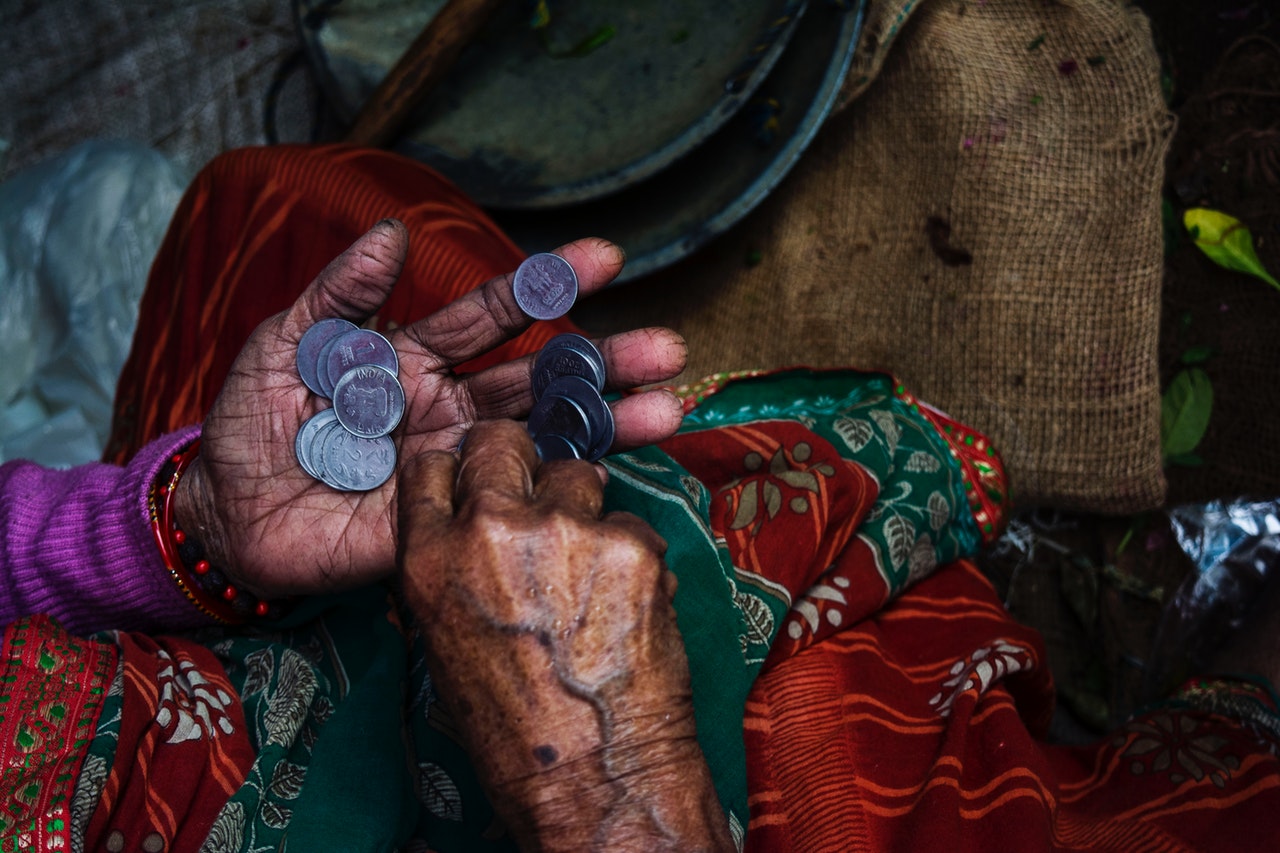Anda Nugroho, Hidayat Amir,Irma Marlina, Irsan Maududy
Indonesia has come a long way in designing poverty reduction programs. This study comprehensively follows the evolution of the programs, covering social assistance programs and subsidies. The programs have been enhanced several times to increase their effectivity in reducing poverty. While each program has its unique aspects, they also share common challenges such as poor targeting and lack of complementarity between programs. To improve the effectivity, this study purposed to integrate existing poverty programs to PKH as the most regressive program. Using a dynamic Computable General Equilibrium (CGE) model we found that the purposed reform will reduce poverty significantly in the urban and rural area. However, lower growth has made poverty reduction become less-sustainable in the longer period.

